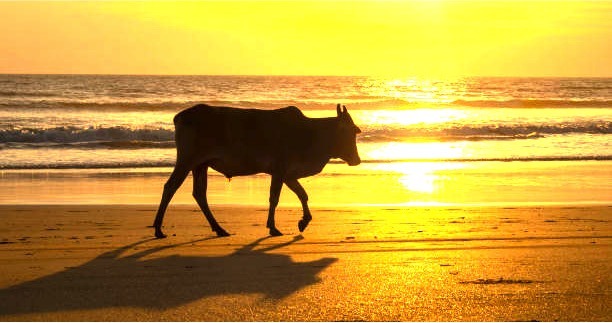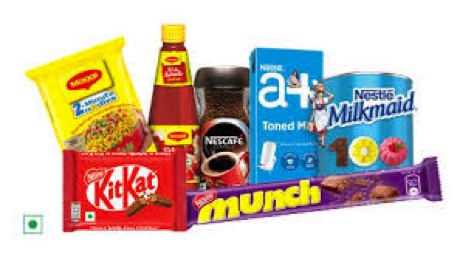Increasing atmospheric temperatures is affecting production and productivity in dairying. Substantial reductions in milk production affect sustainability of the sector, which has more than 70 % women involvement.
“On average, the temperature increase of one degree Celsius will reduce milk production by 5–10 %. It is estimated that milk production in the State has been reduced to 30 % when compared to the pre-summer period,” says Dr.T.P. Sethumadhavan, former Director, Kerala Veterinary and Animal Sciences University.
Scorching sunlight, climate change, increased land pressure, scarcity of water, etc. make the situation worse. Moreover, the cost of production is increasing day by day. The scarcity of fodder, including green fodder, and the increasing price of concentrates further precipitate the issues. Commercial dairy farms and entrepreneurial ventures are also in crisis.
“Usually, farmers get less than 10 % return on investment through dairying when compared to other enterprises if they are selling fluid milk directly to cooperatives. But those trying to market milk directly may get up to a 20% return on investment. But drastic reductions in production started affecting sustainable dairy production in the State. A 30% reduction in milk production may cause a monthly loss of ₹250 crore to the dairy sector in the State,” noted Dr. Sethumadhavan.



























